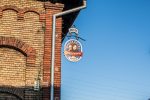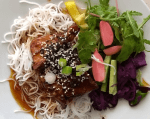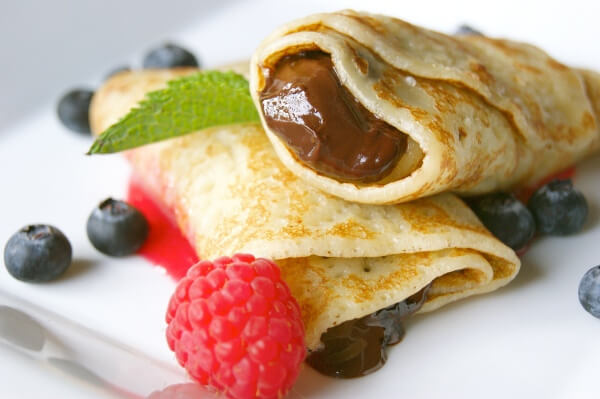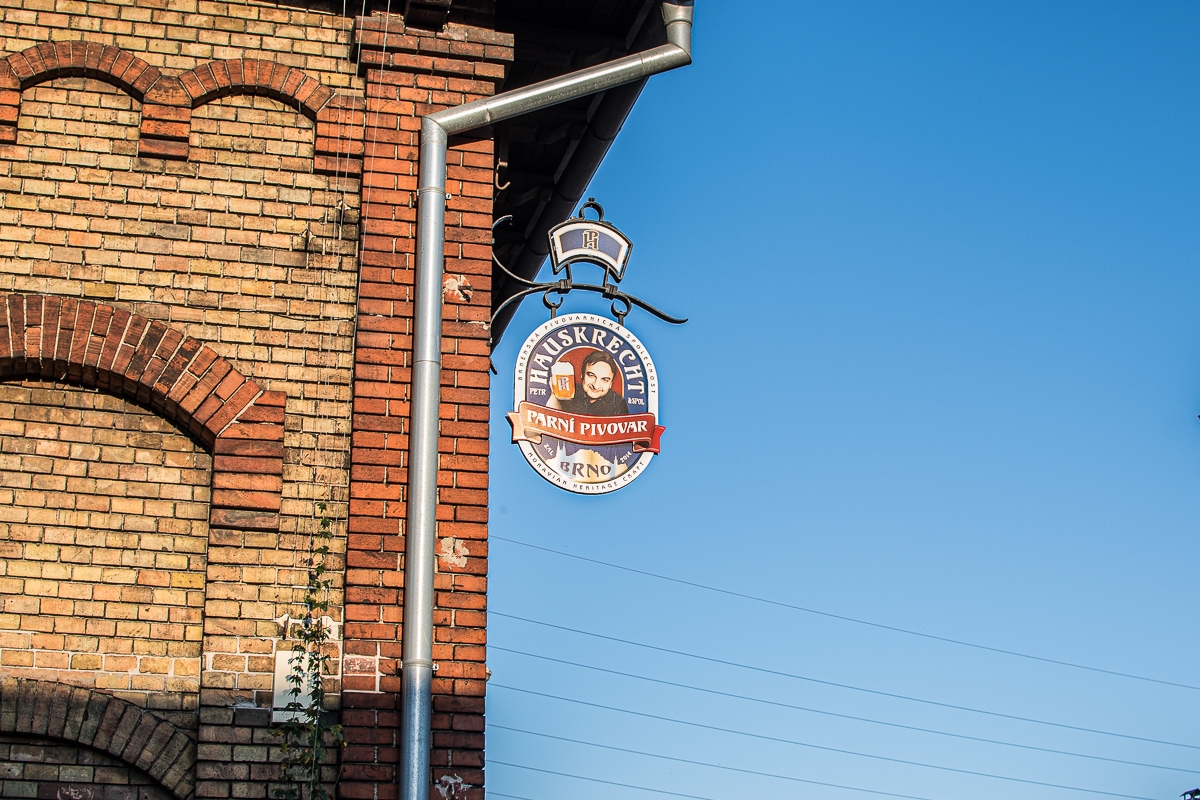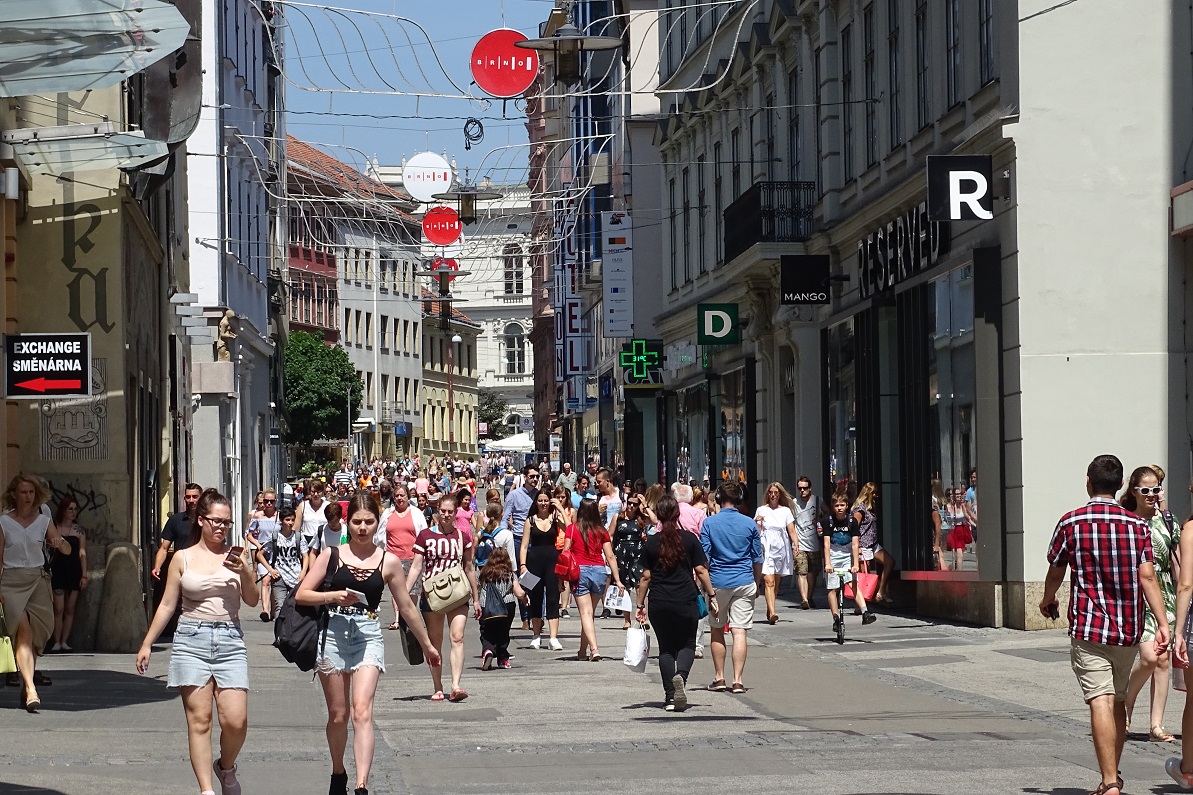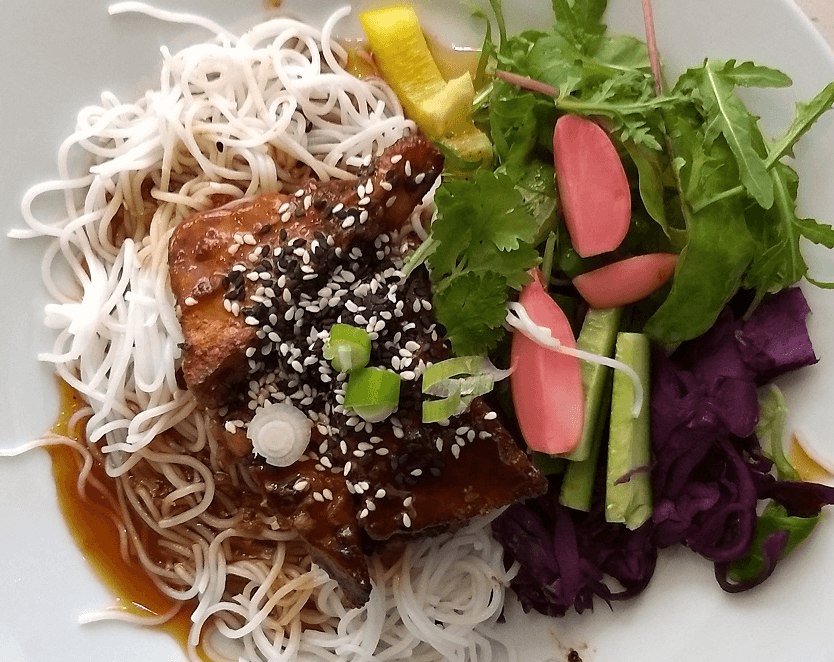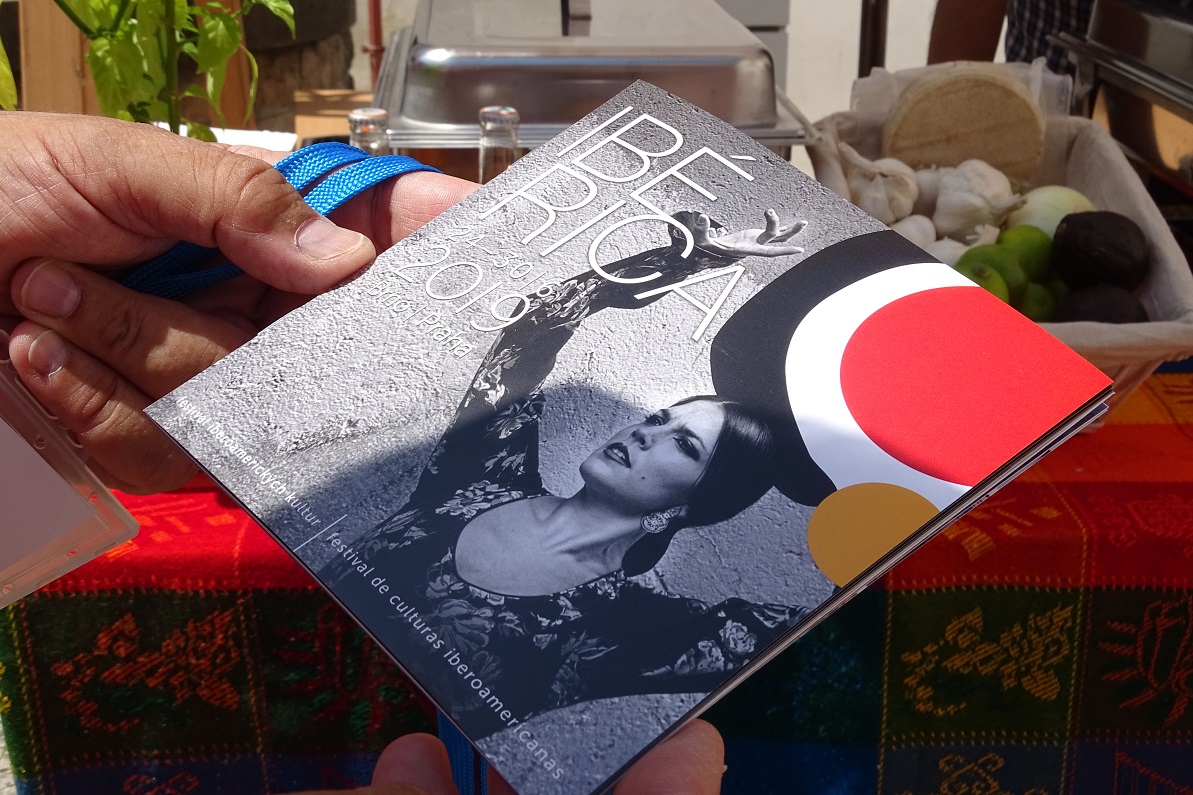Flat and thick, perfectly round and formless, sweet and sour, pancakes take various forms, yet each time they taste diabolically godlike.
The history of pancakes goes far back in time. The round shaped charcoal bits that were cooked on an open fire about 5000 years ago are considered to be the first traces of a modern pancake. After all, it is quite simple to make. Basic, primal skills of Fred Flintstone are needed to produce something resembling a pancake.
The Greeks used ancient, pan-like griddles to cook doughy loaves covered in honey. The Romans made pancakes that were similar to the crêpes you can buy nowadays. Although, the medieval recipes used barley or rye without any yeast which made them look like loafs of bread instead of fluffy and tender, melting pieces of edible Eden.
In the Czech Republic, Masopust, a Slavic carnival, comes a week before Easter Ash Wednesday, and is the time when people make pancakes. Masopust originates from pagan traditions and is common mostly in the Eastern Europe. It is a sun festival, which glorifies the ancient god Volos and the oncoming end of winter. People bake pancakes, as they resemble the sun that is bound to come out to witness the joy of people.
“Flat as a pancake”, a phrase that denotes extraordinarily smooth surfaces, incorporates a piece of culinary extravaganza as a paradigm of flatness. Despite being a bold and often insulting phrase about one’s body shape, pancakes have secure place in modern cuisine.
Tip: This weekend, come to Palačinkový festival in Café Płaczek to enjoy sweet and salty pancakes. Eco-conscious connoisseurs may savor organic ingredients. Ask for gluten-free flour and vegetable milk if you want, too.
Where: Café Płaczek, Minoritská 4.
When: May 27-28, 07:30-20:00.
More information about the menu.
Picture credit.
